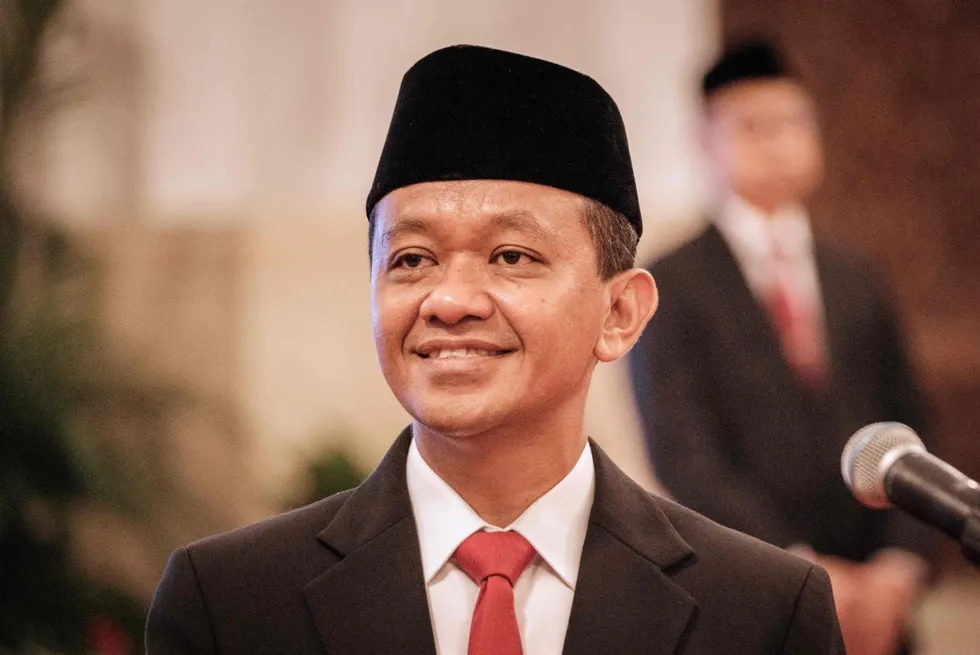
Six blocks are on the table with combined potential of 48 billion barrels of oil equivalent, bringing to 11 the number of tracts offered this year.
“This is an extraordinary achievement,” said acting director general of oil and gas, Dadan Kusdiana. “The Indonesian government continues to be committed to supporting upstream oil and gas activities in the country by improving the management of oil and gas businesses.”
The 4110 square-kilometre Air Komering block has a minimum exploration commitment of geological and geophysical studies plus the acquisition and processing of 250 line kilometres of 2D seismic survey in the initial three-year exploration term.
The largest acreage being tendered is the 8498-square kilometre Serpang block, which requires a minimum commitment of G&G studies and the acquisition and processing of at least 400 square kilometres of 3D seismic.
The signature bonus for both these tracts stands at $300,000.
The other four blocks — Kojo, Binaiya, Gaea and Gaea II — have signature bonuses of $200,000 apiece. These four acreages each require G&G studies and the acquisition and processing of between 100 line kilometres 2D and 400 square kilometres of 3D seismic data.
Air Komering is being offered via regular tender under the cost recovery/gross split model while the other five blocks are up for grabs through direct bidding and this quintet will use the cost recovery PSC terms.
Prospective companies can now access the 2024 phase two bid documents. The deadline for the direct bidding blocks is 17 January while that for the regular tender tract is 10 April 2025.
Dadan said the breakthrough made by the government in this licensing round is a larger profit sharing or split, and lower signature bonus requirements.
“The profit sharing or split for contractors offered is 45% to 50%. Previously, it was around 15% to 30%,” he said, thanking Energy & Mineral Resources Minister Bahlil Lahadalia for his encouragement “to continue providing incentives, so that the upstream sector can move more quickly.”
He added that the required signature bonus is also relatively lower than historically, ranging from $200,000 to $300,000.